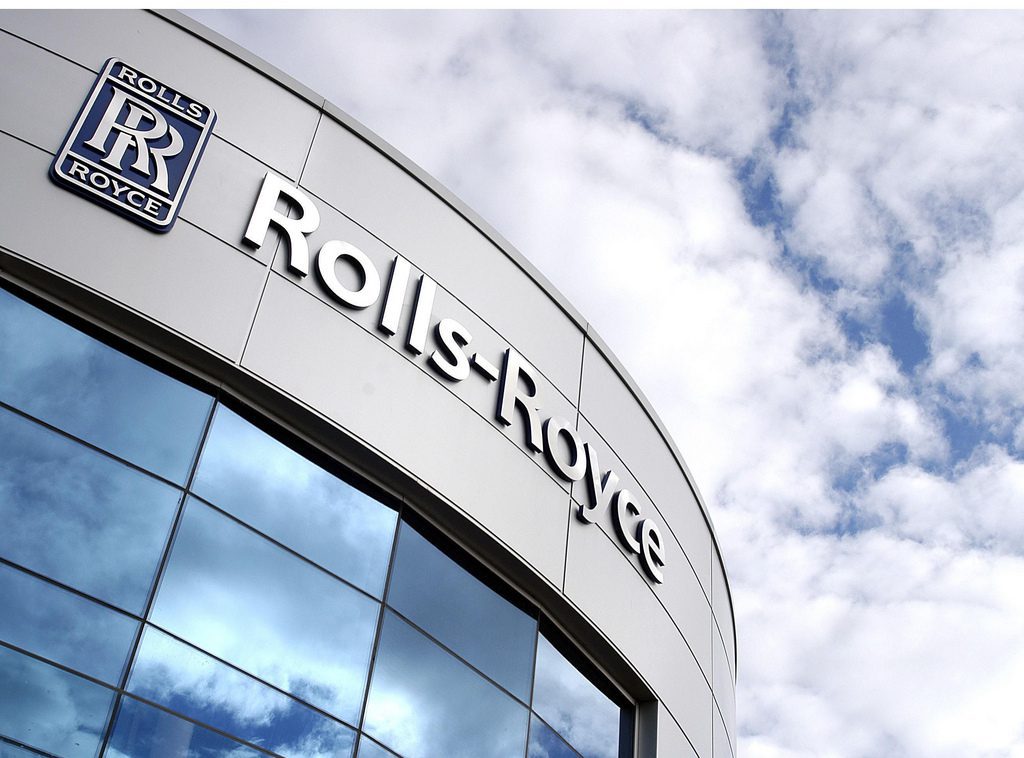Hydrotreated Vegetable Oil (HVO) offers up to 90% lower CO₂ emissions than diesel and can be used in existing backup generators.
Rolls-Royce and Microsoft call for clear regulatory frameworks to accelerate adoption in Singapore’s Green Data Centre Roadmap.
Collaboration underscores the role of transitional fuels in supporting Asia’s digital economy while long-term alternatives develop.
Rolls-Royce’s Power Systems division, in partnership with Microsoft, has released a position paper making the case for Hydrotreated Vegetable Oil (HVO) as a low-carbon backup fuel for Singapore’s fast-growing data centre sector.
Derived from waste and residual fats and oils, HVO can reduce lifecycle CO₂ emissions by up to 90% compared to conventional diesel. Its compatibility with existing diesel generators—requiring only HVO-approved systems—makes it a practical choice for operators seeking immediate reductions without major infrastructure changes.
“We believe that Singapore is well-positioned to lead the adoption of HVO with the right policy framework, infrastructure and support,” said Tobias Ostermaier, President Stationary Power Solutions at Rolls-Royce Power Systems. “HVO is a practical step to decarbonise critical infrastructure and provides an immediately deployable lever to reduce emissions for the potential-rich data centre sector. What’s needed now is a clear regulatory framework to support the use of sustainable fuels like HVO, which will enable planning certainty and investment confidence.”

Policy alignment and ecosystem development
The paper highlights priorities including harmonising fuel standards, simplifying regulation, ensuring cost competitiveness, and strengthening supply chains. These measures, it argues, are essential to establish HVO as a viable option for Singapore’s Green Data Centre Roadmap (GDCR).
RELATED ARTICLE: Rolls-Royce completes next step on its journey to decarbonising Business Aviation
“As the regional digital economy accelerates, data centres have become a critical growth driver for both Singapore and Asia,” said Giovanni Spadaro, President, Global Markets at Rolls-Royce Power Systems. “Rolls-Royce Power Systems is committed to unlocking its potential via carbon-efficient fuel solutions. This can serve as a sustainable source of power that provides growth and is aligned with key national goals such as the Green Data Centre Roadmap. It is vital that we continue working with our partners, including Microsoft, to create the necessary conditions that can make this a reality.”

Microsoft’s sustainability strategy
Microsoft has pledged to be carbon-negative by 2030, with its global cloud operations central to that goal. Its partnership with Rolls-Royce reflects an emphasis on transitional fuels to bridge the gap until renewable and hydrogen solutions scale.
Follow ESG News on LinkedIn

